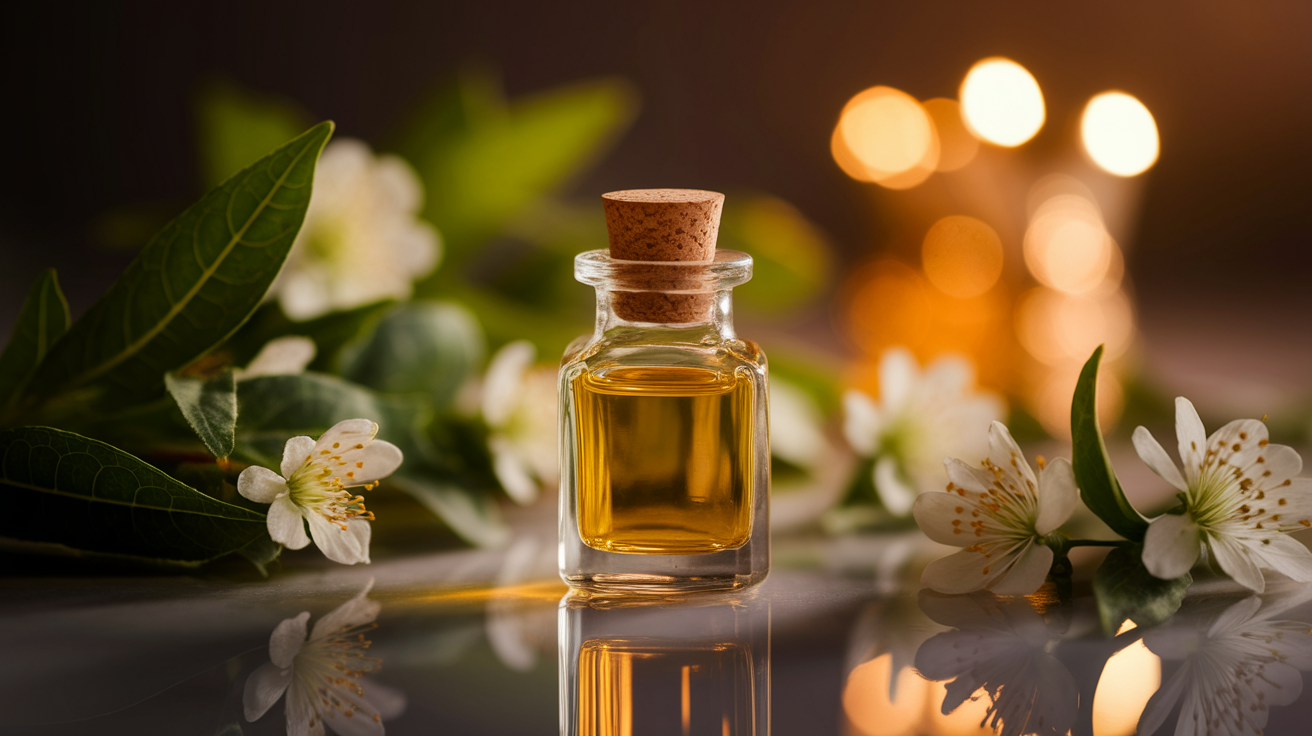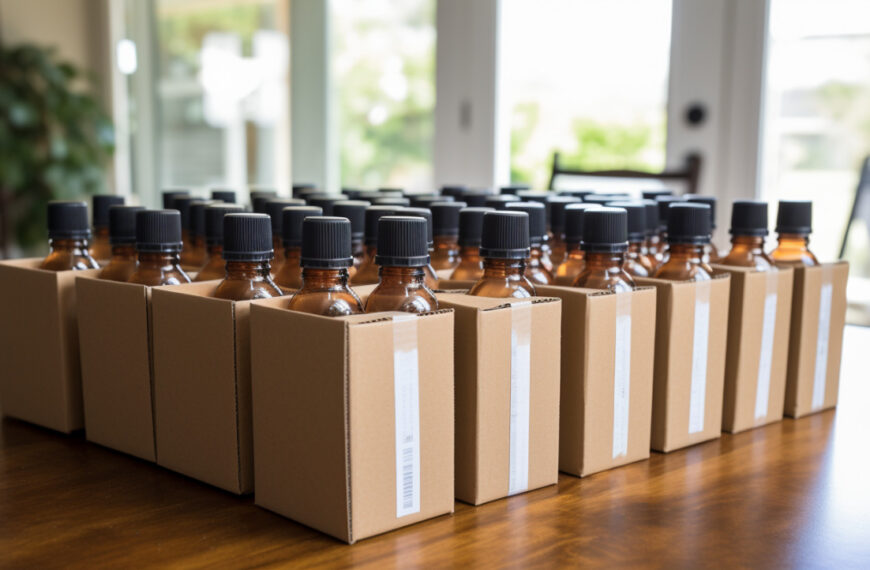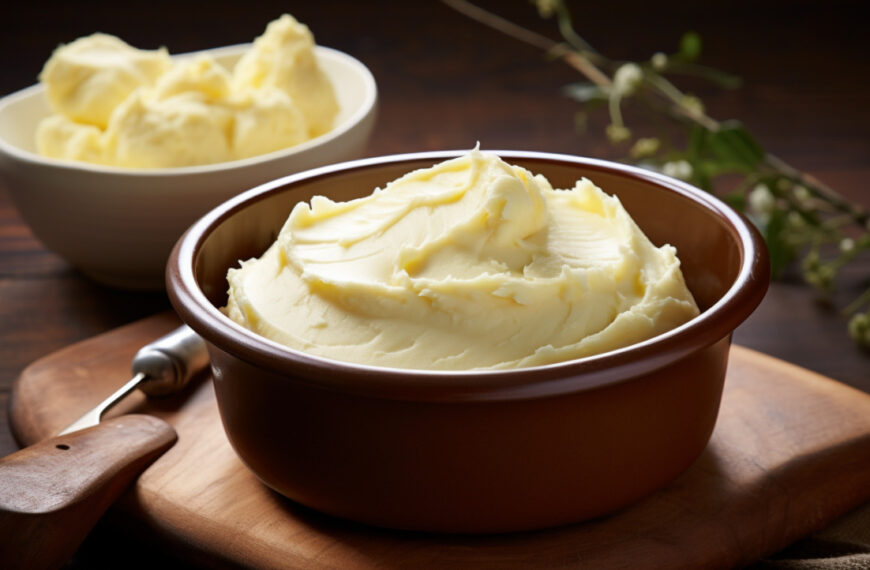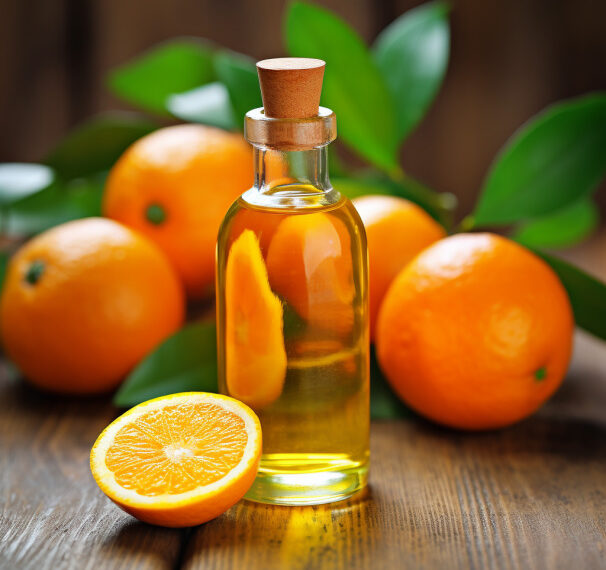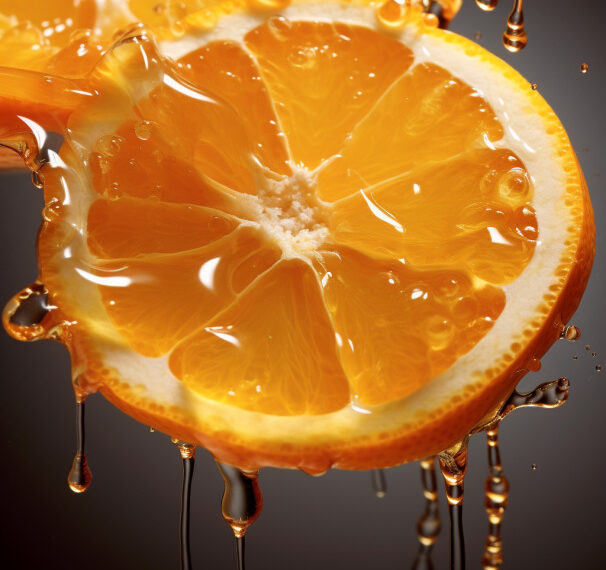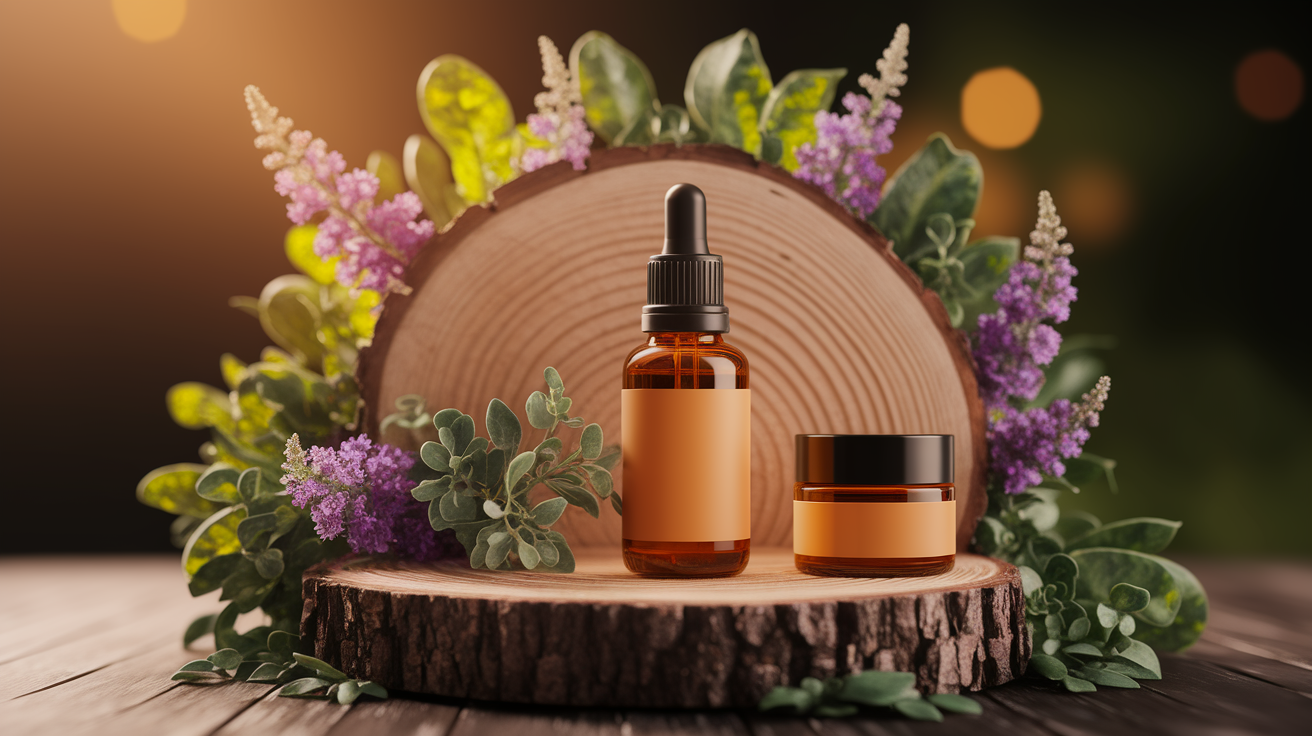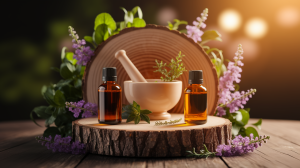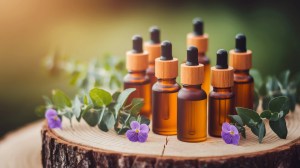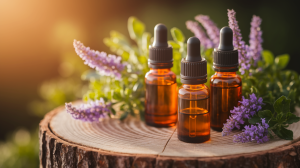Quick Dip: Why Melissa Oil Costs a Premium
The first time I held a tiny vial of Melissa essential oil in my hands, I nearly dropped it when I saw the price tag. At $80-150 for just 5ml, it’s easily one of the most expensive oils in the aromatherapy world. But there’s a fascinating story behind that price tag.
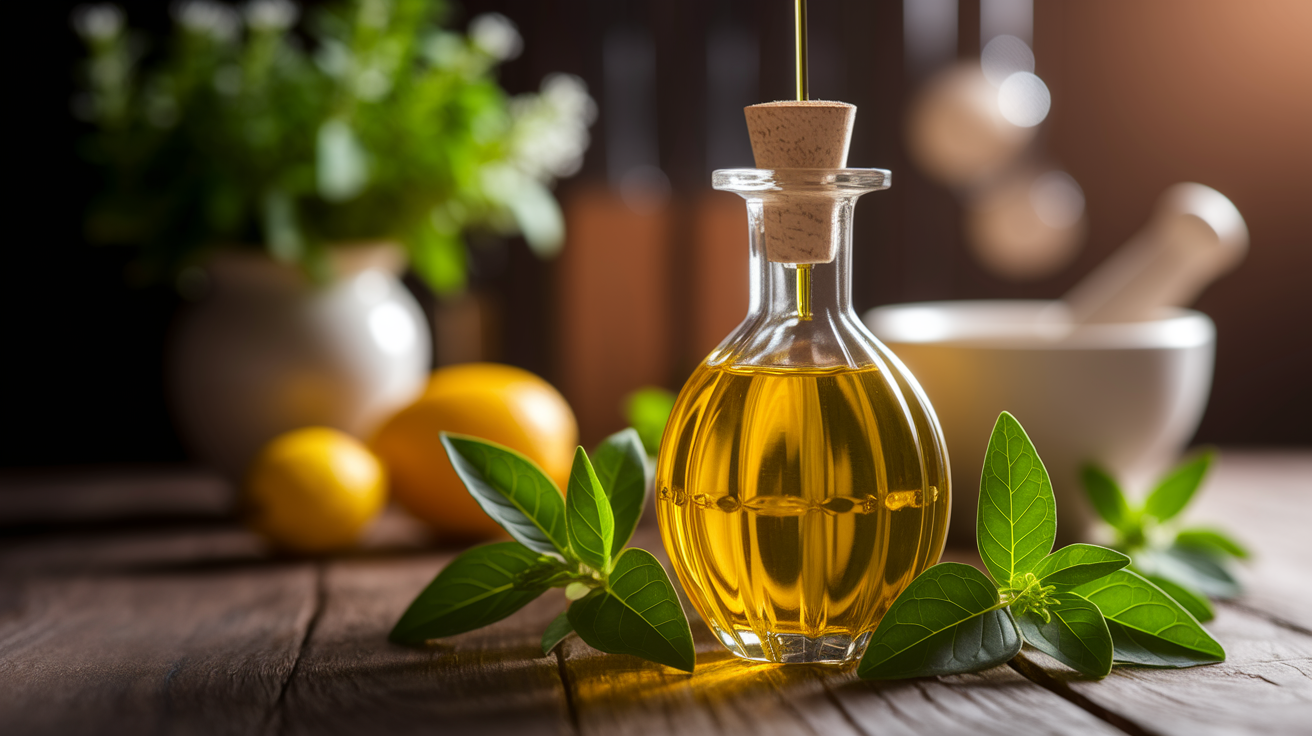
Melissa officinalis, commonly known as lemon balm, produces an oil that’s treasured for its gentle yet powerful calming properties. This member of the Lamiaceae family might look like an unassuming garden herb, but it’s actually liquid gold in the essential oil community.
What makes this aromatic plant command such a premium? It’s a perfect storm of natural limitations, intensive labor requirements, and market dynamics. The journey from delicate leaf to precious oil reveals why pure Melissa essential oil costs so much money – and why those who understand its value are often willing to pay it.
Low Yield Meets High Demand
Here’s the fundamental challenge: Melissa plants are incredibly stingy with their essential oil. While some plants generously release their aromatic compounds, lemon balm keeps a tight grip on its treasures.

The yield rate is shockingly low – approximately 7 tons of raw plant material are required to produce just 1 kilogram of oil. That’s right – for every 7,000 kilograms of carefully grown and harvested plant material, distillers extract a mere 1 kilogram of essential oil.
This botanical source simply doesn’t give up its precious compounds easily. When you’re holding that tiny bottle, you’re literally holding the essence of thousands of plants.
Meanwhile, demand continues to grow as more people discover the therapeutic properties of this remarkable oil. The calming, uplifting, and virus-fighting qualities of Melissa make it highly sought after in aromatherapy, natural medicine, and high-end skincare. This creates a classic supply-demand imbalance that drives prices upward.
The Question of Substitution
Many wonder: “Are there cheaper alternatives to Melissa essential oil?” While citronella and lemongrass oils offer similar lemony scents, they lack the unique chemical profile and therapeutic benefits of true Melissa. The specific combination of citral, geranial, and other monoterpene compounds simply can’t be replicated by less expensive oils.
Labor-Intensive Cultivation & Harvest
Growing Melissa officinalis is not for the faint of heart. These plants demand specific conditions and expert care to thrive.

The cultivation requirements are exacting. Melissa prefers well-drained soil with plenty of organic matter, moderate watering, and protection from harsh elements. Its sensitivity to winter conditions means crop reliability is always a concern – one bad frost can devastate a harvest.
When harvest time arrives, the real labor begins. The meticulous hand harvesting of delicate flowers and leaves must be perfectly timed to capture the optimal concentration of aromatic compounds. Too early or too late, and the quality suffers dramatically.
Unlike some crops that can be mechanically harvested, Melissa requires careful human attention. Each plant must be assessed for peak readiness, and the harvesting must be done gently to preserve the delicate oil-containing structures. This labor-intensive approach drives up production costs significantly.
Geographic Limitations
Not just any location will do for growing quality Melissa. The plant has geographic-specific growing conditions that limit its ability to be cultivated at scale. This restricts supply chains and creates additional costs for transportation and specialized growing facilities.
Complex & Costly Extraction Process
Once harvested, the journey from plant to oil is just beginning – and it’s where things get even more demanding.

The essential oil extraction process for Melissa is particularly challenging. Steam distillation demands precise temperature and pressure control to preserve the oil’s potency and prevent damage to its delicate compounds.
Too hot, and the valuable therapeutic components break down. Too cool, and the oil won’t release properly from the plant material. This balancing act requires specialized equipment and experienced operators who understand the nuances of Melissa distillation.
The process involves separating unique monoterpene compounds that are easily damaged without skilled handling. The high concentration of citral and geranial – key components that give Melissa its therapeutic value – are particularly vulnerable during extraction.
Does the extraction process make Melissa oil expensive? Absolutely. The combination of low yield and complex extraction requirements creates a perfect storm of cost factors for genuine Melissa essential oil.
Time as a Hidden Cost
Time itself becomes a significant expense in Melissa oil production. The distillation process can’t be rushed without sacrificing quality. Each batch requires careful monitoring and adjustment throughout the extraction, adding labor costs that ultimately reflect in the final price.
Strict Quality Controls & Certification
Not all Melissa oils are created equal, and maintaining consistent quality adds another layer of expense.

Identifying authentic Melissa essential oil requires rigorous testing. Gas chromatography, mass spectrometry, and other analytical methods are used to verify the oil’s chemical composition and ensure it meets quality standards. These tests are expensive but necessary to confirm purity and therapeutic value.
The purity level of high-priced Melissa oil should be absolute – 100% pure Melissa officinalis with no additives or dilutions. However, lack of standardized quality control across suppliers creates inconsistent oil profiles that can affect both aromatic and therapeutic efficacy.
This is why reputable producers invest heavily in quality assurance programs, third-party testing, and certification processes. These added costs protect consumers but inevitably increase the final price.
The Adulteration Problem
Why is lemon balm oil sometimes labeled Melissa oil when it’s not the real thing? The high price creates incentives for adulteration. Some less scrupulous suppliers dilute true Melissa with citronella or lemongrass oils, or even create entirely synthetic versions. This makes rigorous quality control even more important – and more expensive.
Market Factors & Premium Positioning
Beyond the physical challenges of production, market dynamics also influence Melissa oil’s premium price point.
The specialized cultivation expertise required creates barriers to entry for new producers. Not everyone can successfully grow and process Melissa, which limits competition and keeps prices high. The need for specialized growing conditions restricts supply chains and creates geographic monopolies for certain regions.
High production costs and limited scalability act as market inhibitors. While demand continues to grow, production simply can’t expand quickly enough to meet it. This supply constraint maintains Melissa oil’s position as a premium product.
Additionally, the oil’s reputation for exceptional therapeutic properties justifies its premium positioning. Those who understand its medicinal uses are often willing to pay more for its unique benefits, particularly for anxiety, viral infections, and skin conditions.
The Cost Question
How much does Melissa essential oil cost? Prices typically range from $80-150 for a 5ml bottle of pure oil, making it one of the most expensive essential oils on the market. This places it firmly in the luxury category of aromatherapy products.
Final Drop: Investing in Quality
Is expensive Melissa oil always better? Not necessarily – price alone doesn’t guarantee quality. However, truly pure Melissa essential oil simply cannot be produced cheaply due to all the factors we’ve explored.
When you purchase genuine Melissa oil, you’re not just buying a fragrant liquid – you’re investing in an extraordinary natural resource that represents thousands of plants, countless hours of skilled labor, and centuries of botanical wisdom.
For those who value its unique properties, the cost of Melissa essential oil reflects its true worth. A single drop contains concentrated therapeutic potential that many find justifies the investment. After all, sometimes the most precious things come in the smallest packages – and few things in the aromatherapy world are more precious than the golden drops of Melissa officinalis.
The next time you encounter that seemingly shocking price tag, you’ll understand the remarkable journey behind every drop of this liquid treasure – and perhaps, like me, you’ll see it not just as an expense, but as an investment in nature’s most exquisite offering.

